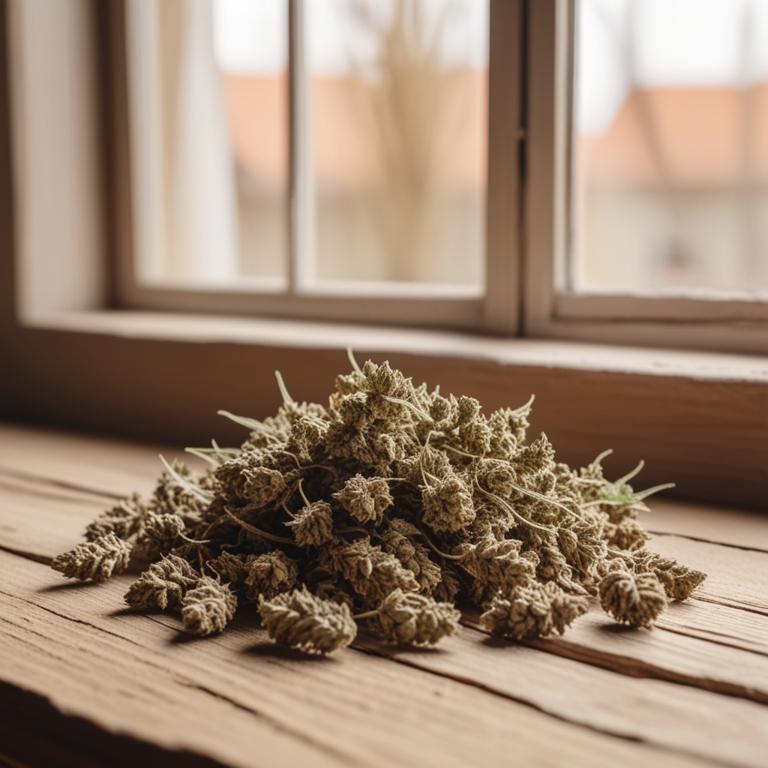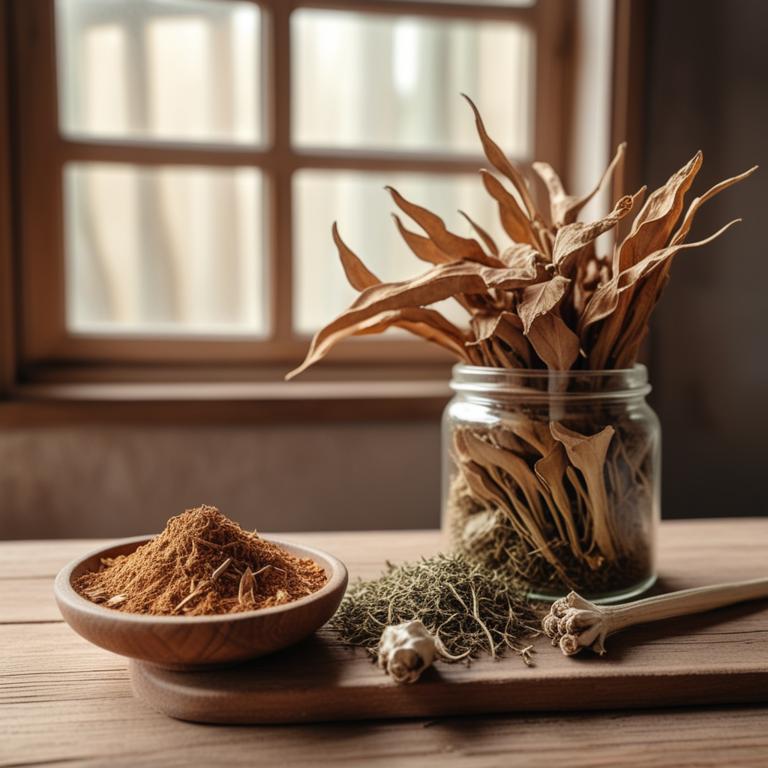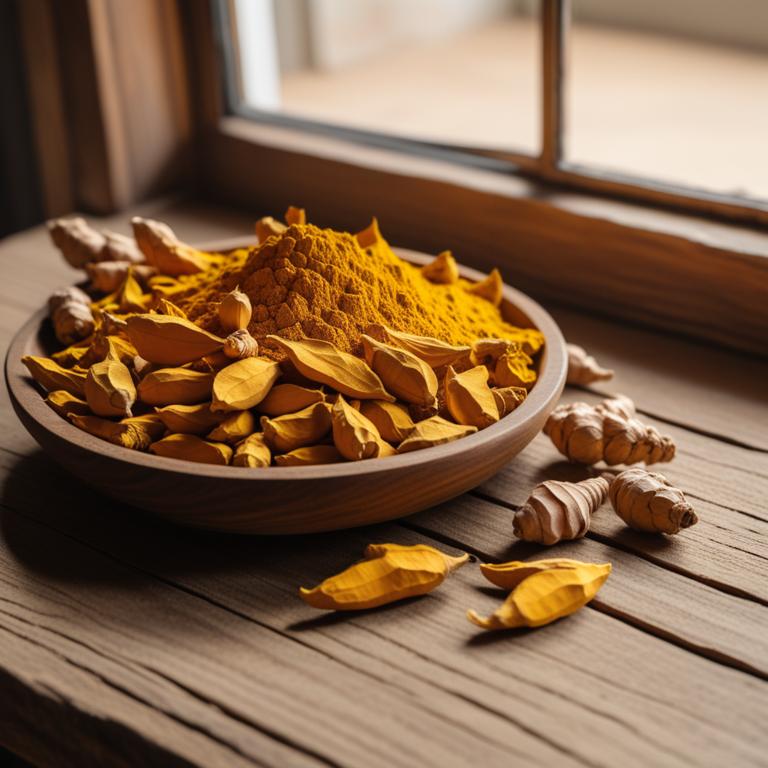Updated: Dec 1, 2024
Swollen Gums Causes and Natural Herbal Preparations
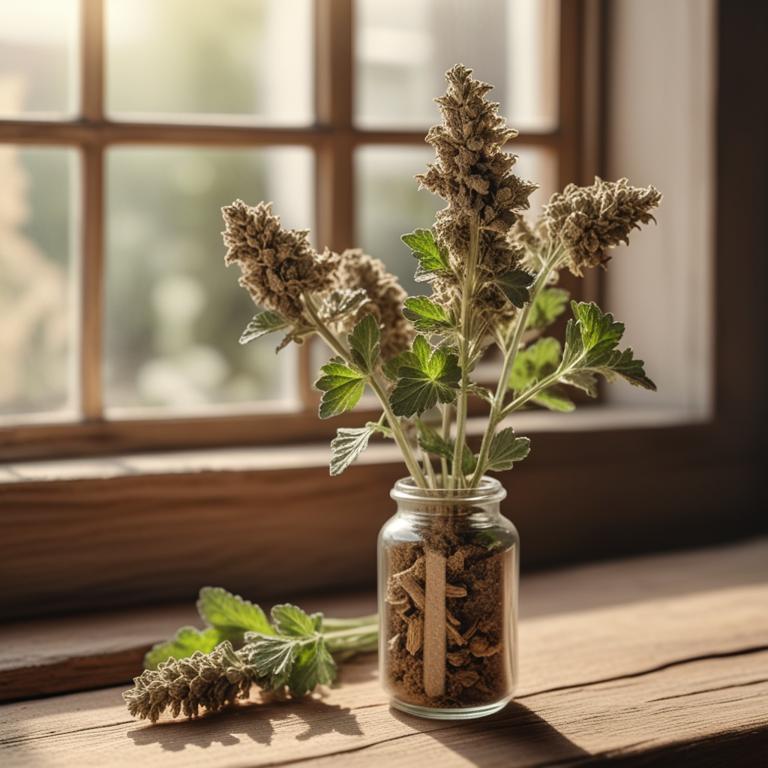
Swollen gums, also known as gingivitis, is a common condition where your gums become red, painful, and swollen.
It can make eating, drinking, and even speaking uncomfortable. If left untreated, it can lead to more serious problems like tooth loss and infection. Swollen gums are often caused by poor oral hygiene, plaque buildup, and gum disease. However, other factors like hormonal changes, pregnancy, and certain medications can also contribute to this condition.
Fortunately, there are natural remedies that can help soothe and heal swollen gums. Herbs like aloe vera, tea tree oil, and eucalyptus have anti-inflammatory properties that can reduce swelling and ease pain. Aloe vera, in particular, is known for its soothing properties and can be applied directly to the affected area. You can also make a tea by steeping dried eucalyptus leaves in hot water and then gargling with it to reduce inflammation.
Additionally, tea tree oil can be mixed with a carrier oil and applied to the gums to promote healing and reduce pain.
Table of Contents
What factors contribute to swollen gums?
The main causes of swollen gums are linked to various factors that can affect the health of your mouth.
Poor Oral Hygiene is a significant cause of swollen gums. When you don't brush and floss regularly, plaque (a sticky film of bacteria) builds up on your teeth, causing inflammation and irritation in your gums. This can lead to redness, swelling, and even pain. Gingivitis is another cause of swollen gums. It's a mild infection of the gums that's often caused by poor oral hygiene. Gingivitis can make your gums red, swollen, and tender, and if left untreated, it can lead to more serious problems. Periodontitis is a more serious infection of the gums that can cause swollen gums, as well as tooth loss and damage to the bone that supports your teeth.
It's often caused by poor oral hygiene and can be treated with antibiotics and good oral care habits. Diabetes can also cause swollen gums. When you have diabetes, your body can't regulate blood sugar levels, which can lead to infections, including gum infections. High blood sugar levels can also cause inflammation in your gums, leading to swelling. Hormonal Changes can cause swollen gums, especially during pregnancy or menstruation. Hormonal fluctuations can cause changes in your gums, making them more sensitive and prone to swelling. Smoking is another cause of swollen gums. Smoking can damage the blood vessels in your mouth, reducing blood flow to your gums and making them more prone to inflammation and swelling.
Smoking can also reduce the effectiveness of your immune system, making it harder for your body to fight off infections, including gum infections.
What are the benefits of utilizing herbs to manage swollen gums?
Using herbs for swollen gums can bring relief from pain and discomfort.
One of the main benefits is that they can reduce inflammation, making it easier to manage the swelling. These herbs have antibacterial properties that help fight off infection, which is often the underlying cause of swollen gums.
By killing the bacteria, they prevent further irritation and help the gums to heal faster. Some herbs also have anti-inflammatory properties, which can reduce swelling and ease pain. Additionally, they can help to soothe the gums, making them feel calmer and more comfortable.
By using herbs, you can avoid harsh chemicals found in some over-the-counter products, and instead opt for a natural solution that promotes healthy gum growth.
What are the primary medicinal herbs used to cure swollen gums?

Herbs can be really helpful in reducing swollen gums.
Echinacea purpurea is one herb that can aid in this issue. It has anti-inflammatory properties that help to reduce swelling and pain in the gums. Echinacea purpurea also has antimicrobial properties that help to prevent infections that can cause gum swelling. Salvia officinalis, or sage, is another herb that can be beneficial for swollen gums. It has anti-inflammatory properties that help to reduce swelling and pain. Salvia officinalis also has antibacterial properties that help to prevent infections.
Ginger, or Zingiber officinale, is a herb that is often used to reduce inflammation and pain. It has anti-inflammatory compounds called gingerols and shogaols that help to reduce swelling in the gums. Ginger also has antimicrobial properties that help to prevent infections. Peppermint, or Mentha x piperita, is a herb that can help to reduce inflammation and pain in the gums. It has anti-inflammatory compounds that help to reduce swelling, and its antibacterial properties help to prevent infections. Licorice root, or Glycyrrhiza glabra, is another herb that can be beneficial for swollen gums. It has anti-inflammatory properties that help to reduce swelling and pain.
Licorice root also has antimicrobial properties that help to prevent infections.
What are the top herbal products for swollen gums?

Herbal preparations can be very helpful for swollen gums.
A decoction is a strong liquid made by boiling herbs in water. It's great for swollen gums because it has a lot of anti-inflammatory properties that can help reduce swelling and ease pain. You can also make a tea from herbs like peppermint or chamomile, which are known for their calming effects. They can help soothe and calm your gums, reducing swelling and discomfort. An infusion is similar to a tea, but it's made by steeping herbs in hot water for a longer time.
This helps to release even more of the herbs' healing properties, making it a good option for swollen gums. Another option is a tincture, which is a liquid extract of herbs that's made with a solvent like alcohol or glycerin. Tinctures are easy to apply directly to the gums, and they can be very effective at reducing swelling and pain. If you prefer a cream or ointment, there are herbal preparations available that can be applied directly to the gums. These creams often contain anti-inflammatory herbs like aloe vera or tea tree oil, which can help soothe and calm swollen gums. These herbal preparations are gentle and can be used in combination with other treatments to help manage swollen gums.
They're a good option for people who want to avoid harsh chemicals or medications.
Additional Resources:
Which herbs are not recommended for people who have swollen gums?
If you have swollen gums, it's best to avoid Rosmarinus officinalis, also known as rosemary, because its essential oils can irritate your gums and make the swelling worse.
Cinnamomum verum, or cinnamon, is another herb to steer clear of because its strong compounds can cause gum inflammation and pain. Capsicum annuum, or sweet pepper, contains capsaicin, a chemical that can increase blood flow to your gums and make them even more sensitive. Curcuma longa, or turmeric, has a compound called curcumin that can irritate your gums and make them more inflamed, especially if you have a condition like gingivitis.
Lastly, Melissa officinalis, or lemon balm, can cause gum irritation and sensitivity, especially when consumed in large amounts or in concentrated form.
FAQ
Are there any specific herbs that can prevent swollen gums?
Echinacea and peppermint herbs are often used to help prevent swollen gums.
Echinacea has anti-inflammatory properties that can reduce swelling and fight infection, while peppermint oil can help ease pain and reduce inflammation in the gums.
Drinking tea made from these herbs or using them in a mouthwash may help soothe sore gums.
Is it safe to use herbal remedies for swollen gums during pregnancy?
Using herbal remedies for swollen gums during pregnancy can be a bit tricky.
Some herbs, like peppermint and chamomile, are generally considered safe, but others might not be. It's best to check the ingredients and look for products that are labeled as "pregnancy-safe.".
This will help you avoid any potential risks to you and your baby.
Are there any herbs that can reduce the frequency of swollen gums?
Ginkgo biloba and turmeric have been found to reduce inflammation, which can help with swollen gums.
These herbs are believed to have antibacterial properties, making them potentially beneficial for gum health.
Some people also use licorice root to help soothe and calm swollen gums, but its effectiveness can vary from person to person.
Can i combine different herbal remedies for swollen gums?
You can combine different herbal remedies for swollen gums, but do it carefully.
For example, you could mix aloe vera gel with peppermint oil to reduce inflammation and ease pain.
But be sure to use small amounts of each remedy and start with a low dose to see how your body reacts.
Related Articles
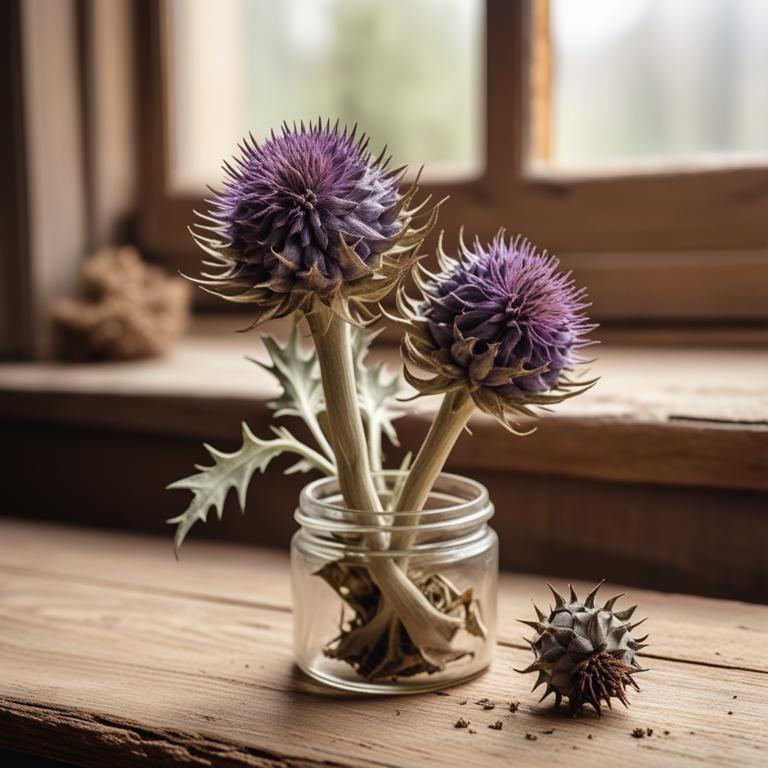
Identifying and Treating White Patches in Mouth: Causes, Herbal Remedies, and Preparations

Overcoming Bad Breath with Medicinal Herbs and Herbal Remedies

Dark Circles: Causes and Herbal Remedies for a Refreshed Look
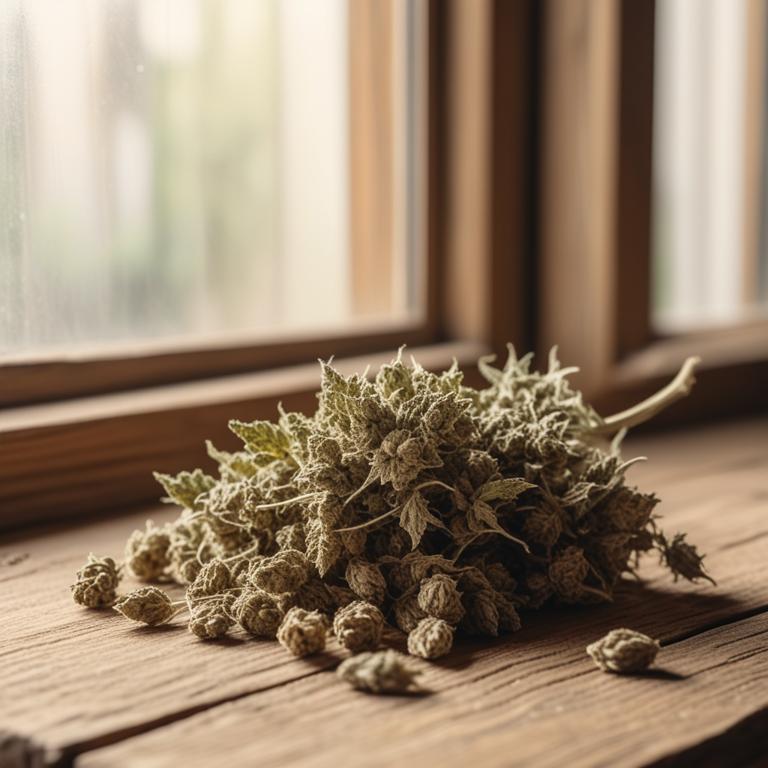
Eczema: Understanding Causes, Medicinal Herbs, and Effective Herbal Preparations
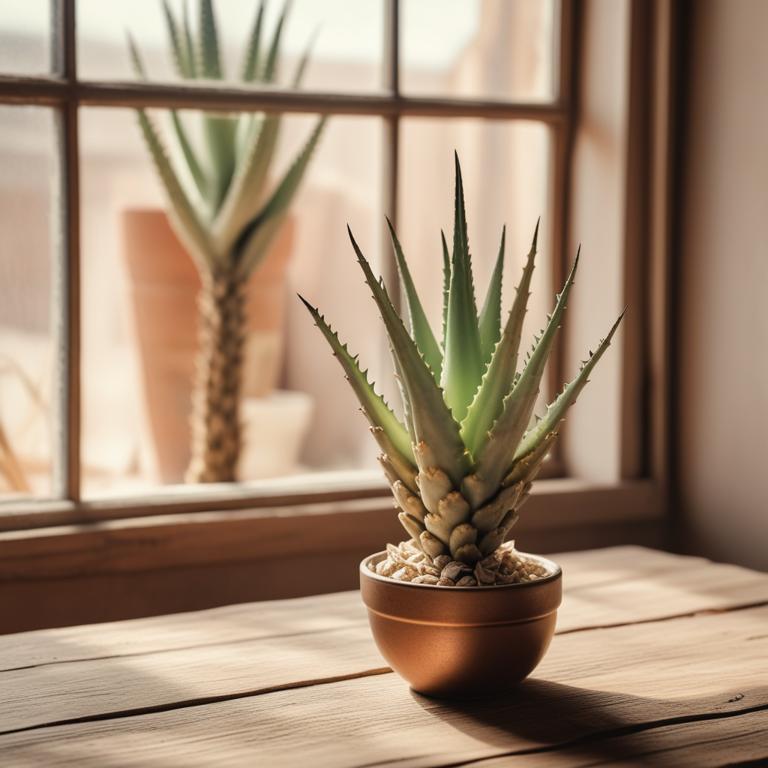
The Causes and Treatment of Excessive Sweating with Medicinal Herbs and Herbal Remedies
